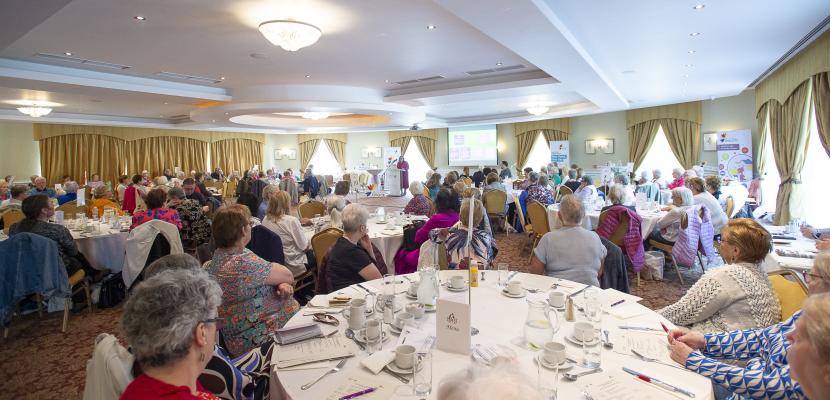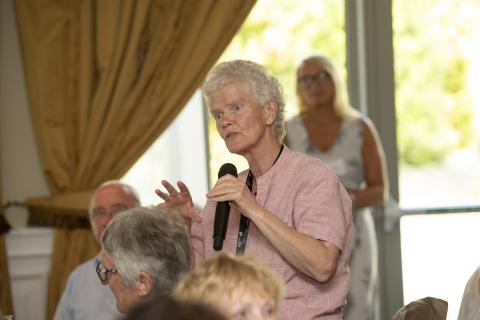
Fingal Age Friendly Strategy

About this good practice
The development of the Age Friendly Strategy reflects Fingal County Council’s commitment to improving older people’s quality of life by guiding strategic development as an age friendly county. It adopts a bottom-up approach, gathering input from 745 older people through consultations, interviews, and surveys, alongside feedback from key service providers. Analysis identified barriers to participation across four themes: Information & Participation, Mobility & Accessibility, Safe Neighbourhoods, and Health & Wellbeing.
The Strategy is overseen by Fingal’s Age Friendly Alliance – a cross-sector group of senior leaders from public, private, and non-profit organisations. This alliance is developing and implementing initiatives to address the challenges identified in the consultations and are currently focusing on actions that have measurable outcomes.
One major challenge was reaching isolated or minority older adults during consultations. Barriers included low attendance, difficulties in identifying suitable venues and times, and stigma around loneliness. Due to their tendency to be hidden and their low likelihood of attending consultations or recognising themselves as lonely, isolated older people often go unnoticed. Therefore a key action in the Strategy is launching a programme to address loneliness. This draws on best practices from the KORALE EU Project, with two pilot initiatives planned for 2025–2026, and a broader rollout across Fingal to follow.
Resources needed
An independent consultant who understands the scope of stakeholders with skills in building trust and connecting with older people is required is key to success. Additionally, gatekeepers to encourage the participation of under-represented older people are needed.
Evidence of success
While this process is still ongoing, the involvement of older people and the support from various agencies highlight its progress and success. Each agency has pledged to take specific actions, with annual key performance indicators set throughout the duration of the Strategy. Ultimately, success will be measured by the effective implementation of these actions and their ability to address the identified challenges.
Potential for learning or transfer
The process is easily transferable but for a bottom-up approach it is necessary to ensure that challenges identified by older people themselves are reflected in the actions adopted. It is necessary to involve gatekeepers to access older people, particularly those who are isolated and all the necessary agencies required to effectively implement challenges. An action plan with performance indicators with lead organisations named is required to ensure the actions are implement as agreed and on time.
Further information
Images

Good practice owner
You can contact the good practice owner below for more detailed information.
